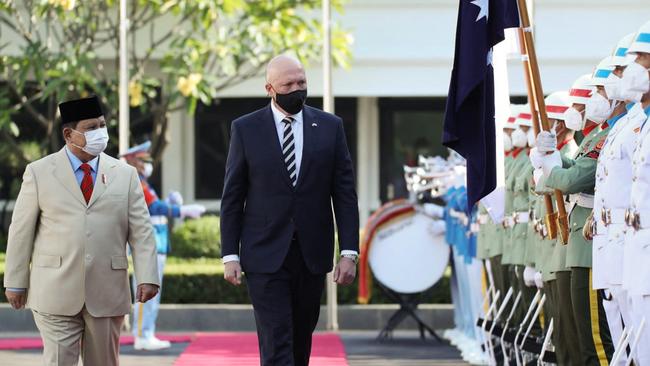
Amid the thunder of AUKUS being denounced by Chinese President Xi Jinping, a remarkable new phase in the difficulties between Australia and China, there is an important triumph for the Morrison government.
Canberra has had a clear points victory over Beijing in the contested diplomatic reaction to AUKUS. Xi, speaking to a specially convened China-ASEAN summit, denounced AUKUS, although he didn’t mention it by name. Chinese spokesmen told us Xi was referring to AUKUS.
Xi implied a connection between Australia acquiring nuclear-powered submarines and the introduction of nuclear weapons into the region. He denounced AUKUS-style agreements while the Chinese foreign ministry spokesman denounced AUKUS by name, with attendant wolf warrior vitriol.
Beijing made a big effort to get ASEAN to take a stand against AUKUS. Beijing has failed, having worked most assiduously at Jakarta and Kuala Lumpur.
Initially, in response to AUKUS, the Indonesian foreign ministry put out a statement saying it took note of AUKUS “cautiously” and remained “deeply concerned over the continuing arms race and power projection in the region”. This was not a denunciation of Australia. Given that we will get no nuclear-powered submarine for decades, it’s also ridiculous to accuse Australia of fomenting an arms race. But perceptions are important. AUKUS, and the surprise of AUKUS, somewhat annoyed Indonesian President Joko Widodo.
Indonesian Foreign Minister Retno Marsudi is a good friend of Australia and a fine cabinet minister. She is, if anything, one of the toughest Indonesians strategically on China. But the Indonesian foreign ministry contains an almost institutional attachment to the ghost of non-alignment. It sometimes sees itself as something of a balancer between the two superpowers, the US and China.
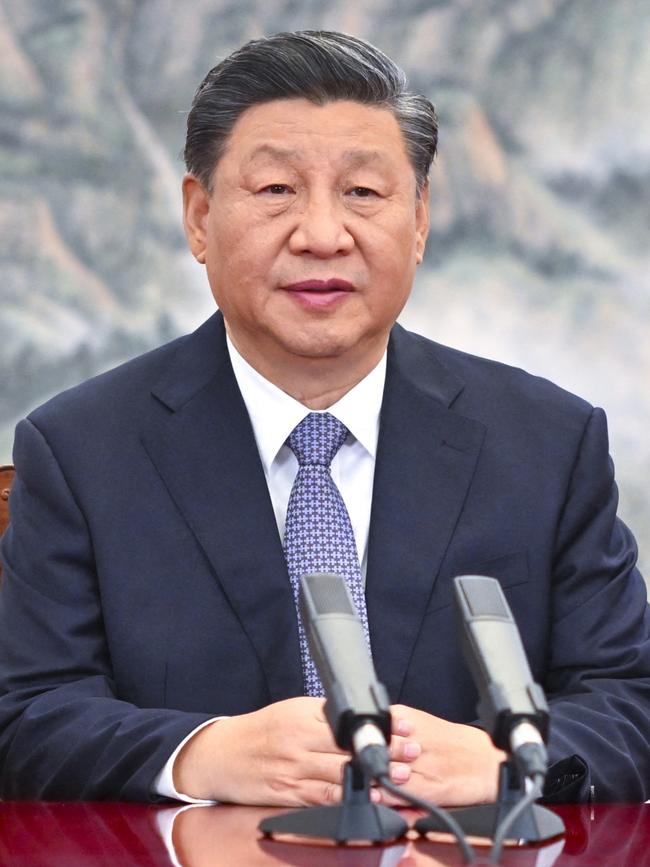
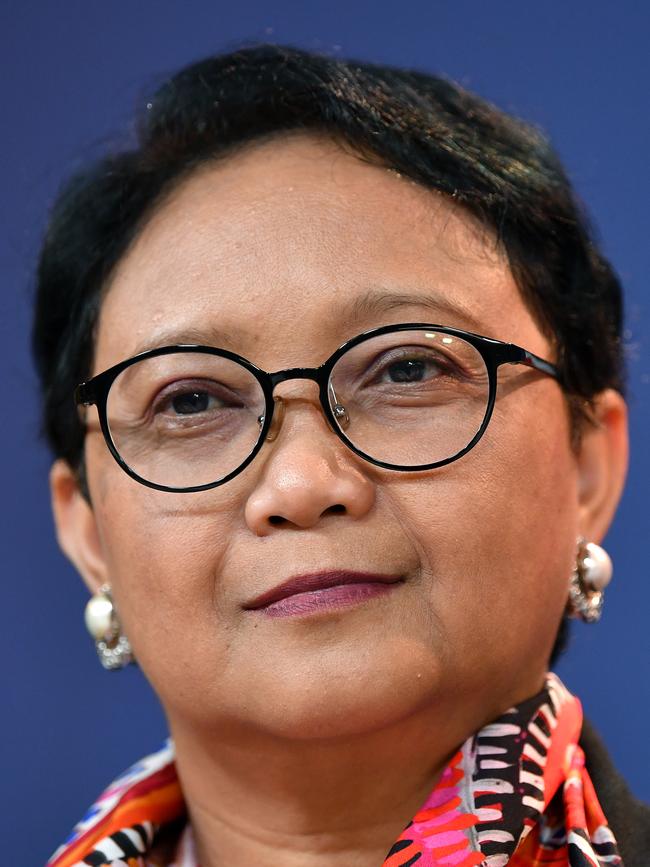
It thus has a notional objection to the idea of military alliances. Indeed, it’s only in recent years that Jakarta has stopped objecting to the Five Power Defence Arrangements Australia has with Malaysia and Singapore. But balancing that there is also, at every level of Indonesian strategic consciousness, a deep suspicion of China.
The other Southeast Asian nation that responded most suspiciously to AUKUS was Malaysia, where Chinese Belt and Road money has become increasingly influential over the past few years.
Straight after their first statement, the Indonesians moved for ASEAN to adopt a common position on AUKUS. There was a round of consultations among ASEAN foreign ministers. Indonesia produced a draft statement. It was also pretty mild, certainly not an outright condemnation of Australia or AUKUS, but it did contain some words cautioning against AUKUS producing an arms race.
For ASEAN to produce such a statement, to characterise AUKUS in this way, would have been a tremendous triumph for Beijing. It also would have stood reality on its head. Beijing is the only Asian nation engaging in an arms race. It has the second largest defence budget in the world and much of its defence spending is off budget and hidden. Its military spending is greater than that of the whole of Southeast Asia combined.
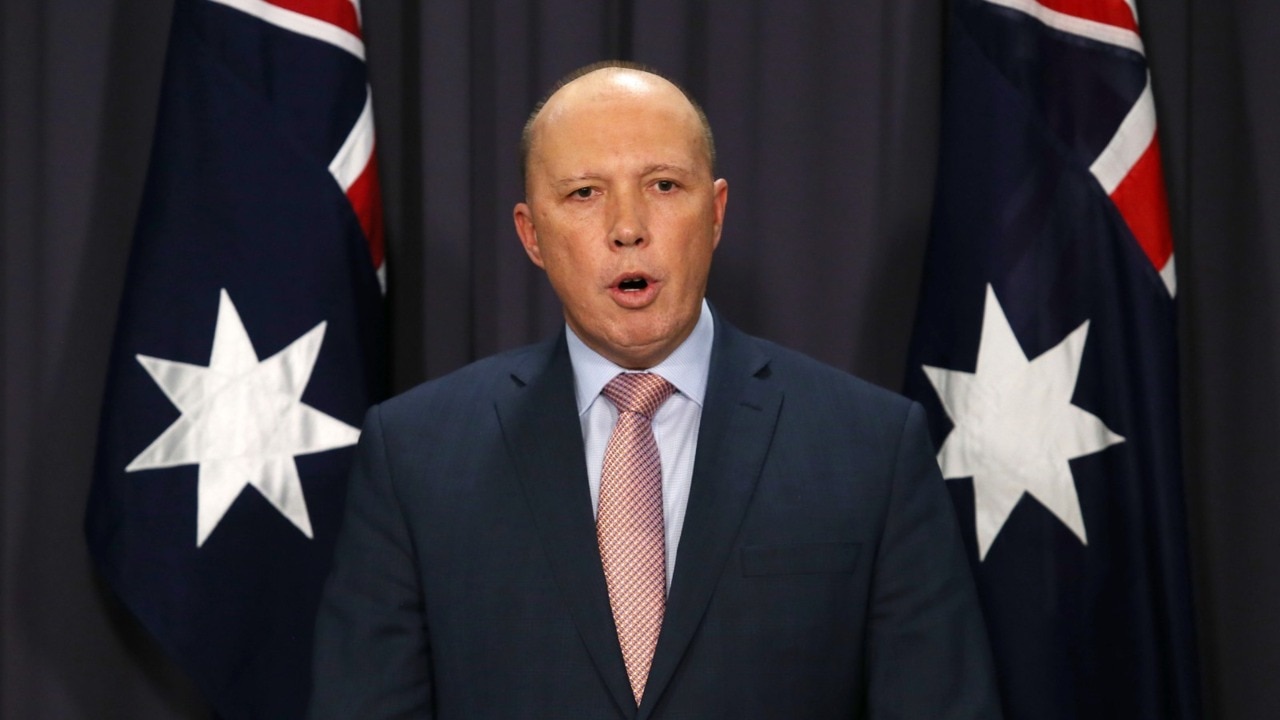
And for anyone concerned about nuclear weapons, Beijing is in the process of massively increasing its nuclear weapons stockpile, essentially quadrupling the number of nuclear weapons it has and diversifying the means it has to deliver them.
Amid ASEAN’s private discussions, the strongest voice against the common statement that would have been negative on AUKUS was Vietnam. However, The Philippines, increasingly dismayed itself by Beijing’s aggression towards it in disputed territories in the South China Sea, to which Beijing really has no legitimate claim as the Permanent Court of Arbitration established, also has come out and backed AUKUS publicly.
Apparently, some kind of extremely bland common statement was arrived at, but Jakarta itself lost interest in the exercise.
This was entirely ASEAN’s decision, not remotely Australia’s, but Canberra was assiduous in explaining AUKUS regionally. Foreign Minister Marise Payne undertook a critical trip around the region, visiting Malaysia, Cambodia, Vietnam and Indonesia. This was an important exercise. It’s noteworthy that it’s one of very few recent ministerial trips specifically to Southeast Asia, rather than taking in a Southeast Asian city on the way to the US or Britain and Europe.
Covid has bedevilled ministerial travel. But even pre-Covid I was struck, when spending a few months in London in 2019, how many Australian ministers found a reason to visit. Whereas my sense is the pattern of Australian ministerial travel in Southeast Asia has weakened a lot over the past decade. This should change. Our ministers should be constantly in Southeast Asia.
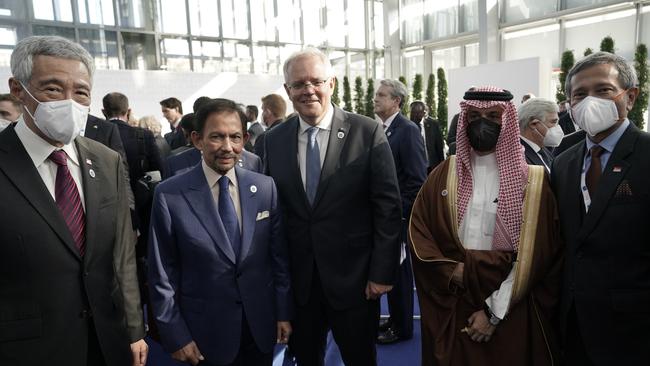
It’s also true that all through this period, ASEAN members were talking to other powers outside the region with a big interest in AUKUS, especially the US and Japan. As in almost all things, Canberra’s best friend in Asian diplomacy was Tokyo. And then Indonesian Defence Minister Prabowo Subianto came out in favour of AUKUS.
Now it seems that South Korean President Moon Jae-in may visit Australia. The South Korean relationship has been radically underdone by Canberra this past decade. If the President does visit is, it’s a significant sign of commitment and investment in the relationship by the South Koreans. Although a strong ally of the US, South Korea tends to be more intimidated by Beijing than does Japan, for fairly obvious reasons.
But it is a determined guardian of its own interests and has been a good friend of Australia. For the South Korean President to come here now, at the height of Beijing’s anti-Canberra bluster, is as close to an endorsement of AUKUS as you could get. Certainly it is a clear rejection of Beijing’s view of AUKUS.
Similarly, ASEAN formalised a comprehensive strategic partnership with Australia after AUKUS was announced. These CSPs – ASEAN has one with China as well – are all but meaningless (Australia has one with China for that matter), but ASEAN wouldn’t have done that if it was seriously at odds with us.
In all this success for Canberra, Peter Dutton was still ill-advised to say Australia would definitely join any US-led war against China in defence of Taiwan. No one doubts we would join the US; Dutton was speaking the truth. But it is very foolish for any senior government minister to explicitly canvass war with any other nation. We mustn’t be intimidated by Beijing, but leave the bluster to them. Their intemperance is our greatest diplomatic asset.


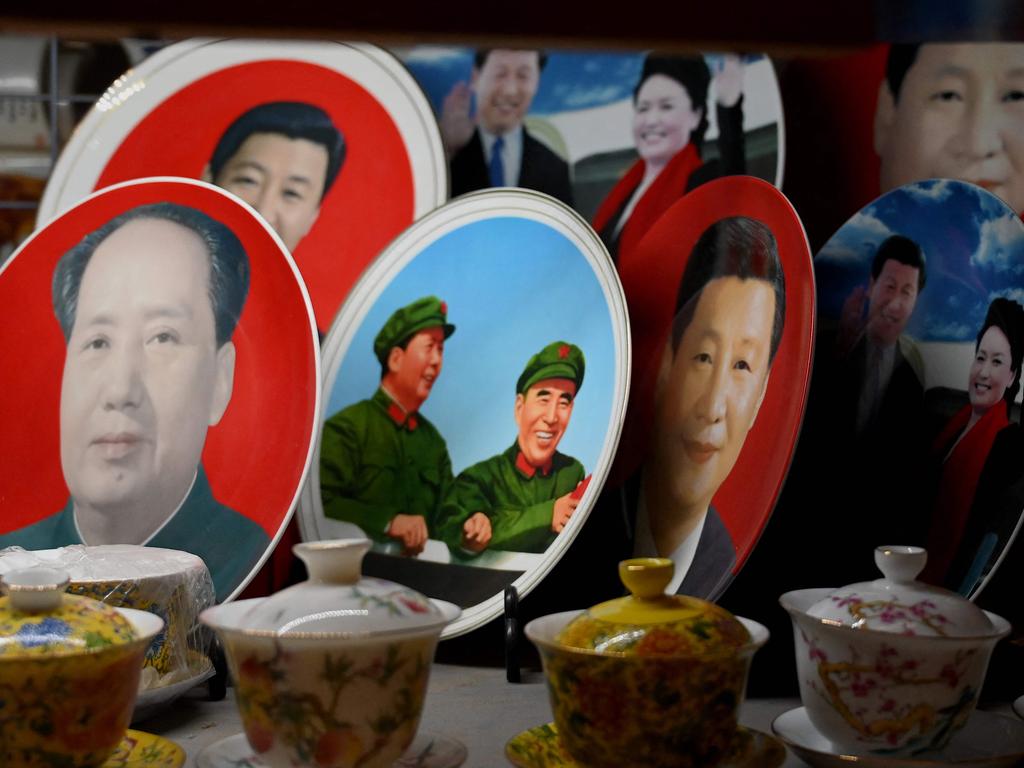
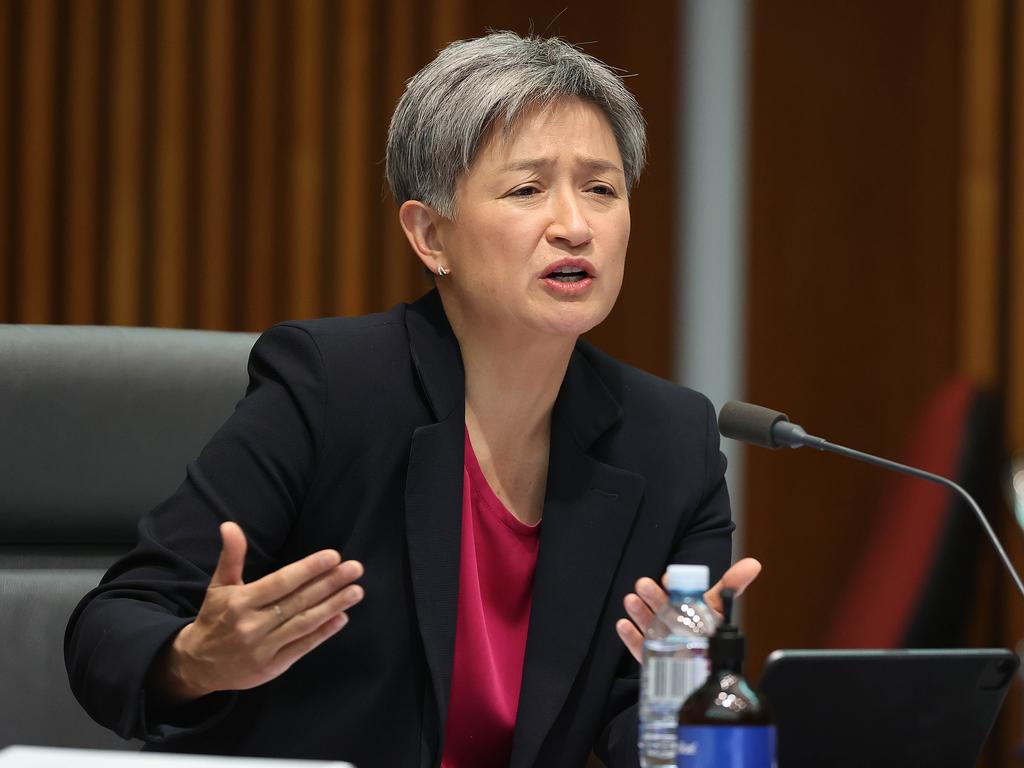
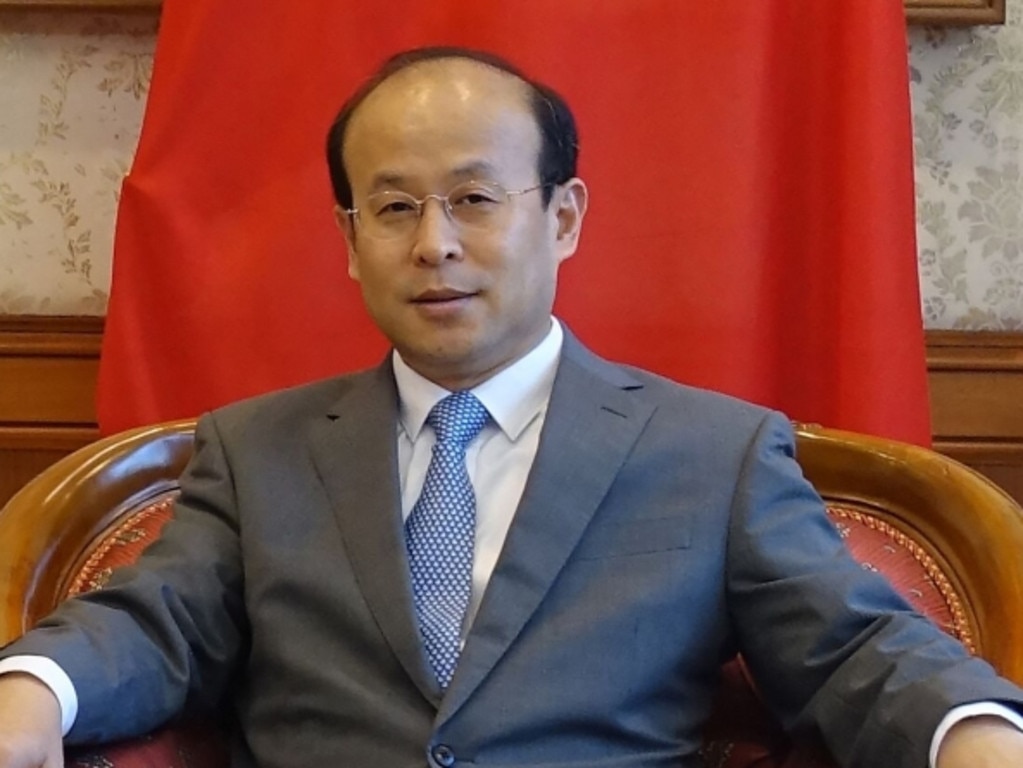
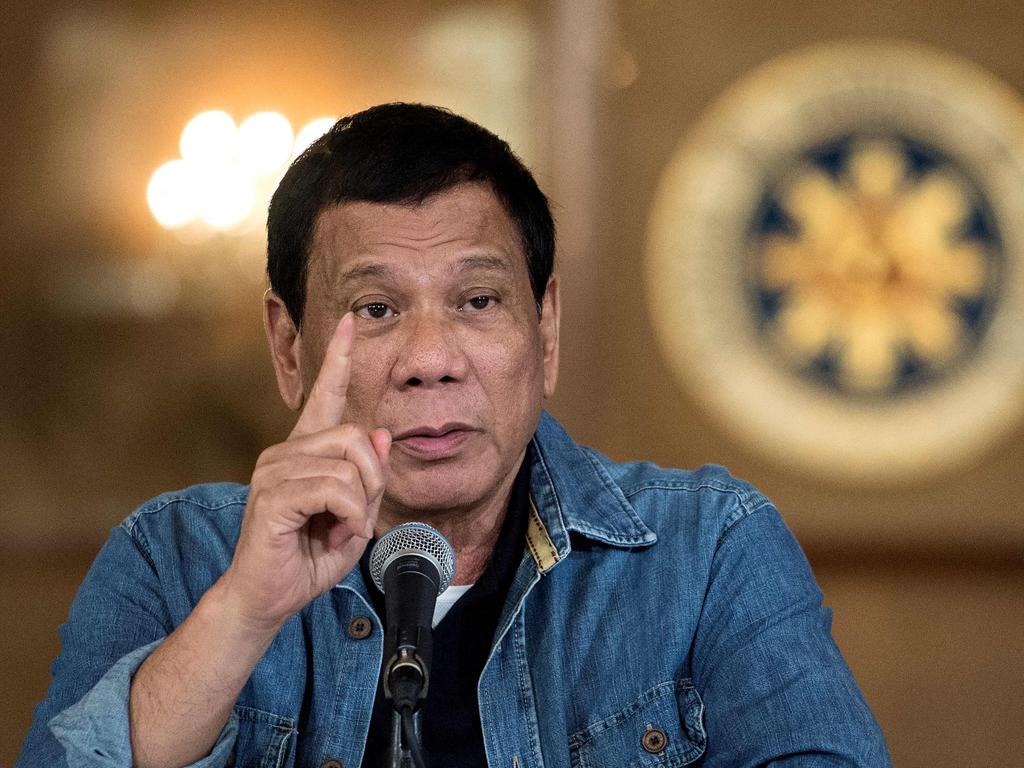


Sometimes silence is eloquent. In this case, a specific silence by the Association of Southeast Asian Nations is a tribute to Australia, and perhaps the most powerful implicit diplomatic comment on AUKUS, and on China, in recent months.